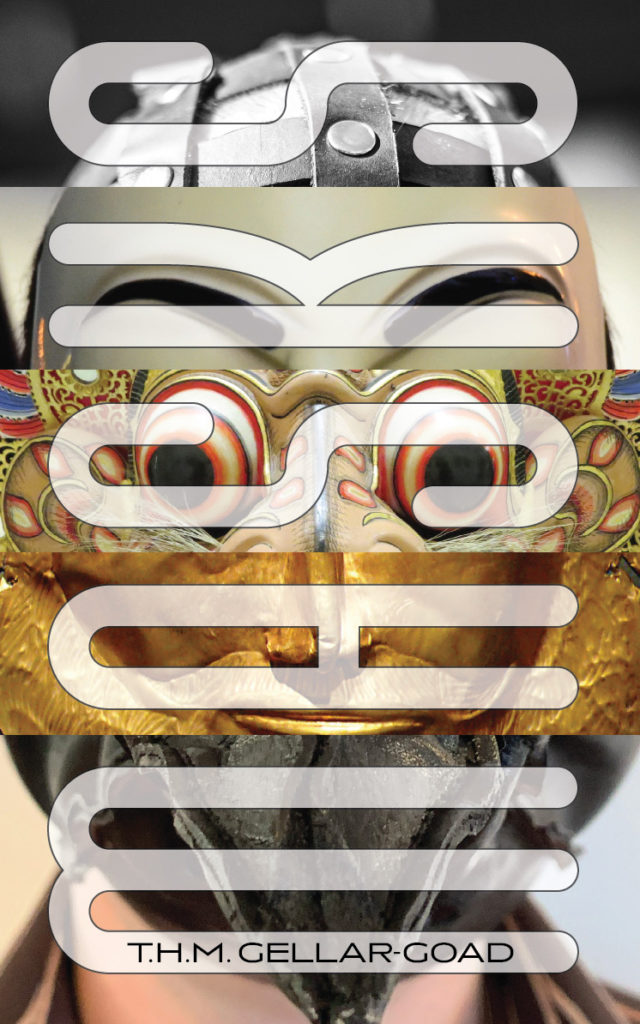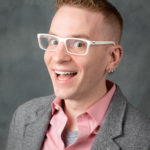Imprint: Tangent
Published: 04/26/2024
The mask is the classic disguise. But as alter ego, it reveals as much as it conceals. Why are masks so often creepy, even outside of horror movies? Can a mask change expression while you’re wearing it? How much of someone’s self can inhabit a mask? Why would anyone make a plaster cast of a dead person’s face? And, really, who was that masked man? Masks unmasks the answers to these frequently (m)asked questions and more.
Masks are the materials for a world of make-believe, from the theater to Halloween, from masquerades to Scooby-Doo. Masks can take on magic or ritual powers. They can preserve and transmit memory. Masks are a makeover tool for appearance and identity, from spa treatments to drag to superheroes. What all these different functions have in common is the mask as physical metaphor, a mirror of the self and society. In another layer of metaphor, our words for ourselves as individuals (“person”) and for our self-presentation to society (“persona”) both derive directly from the Latin word for mask.
Masks explores one of humanity’s oldest cultural objects, traveling from prehistoric remains to ancient Roman funeral processions to Mardi Gras to masked doppelgangers on stage and screen. Its examination of masks across time and the globe sheds new light on the totemic power masks have developed, especially during the COVID-19 pandemic.











 Stumble It!
Stumble It!

No comments:
Post a Comment